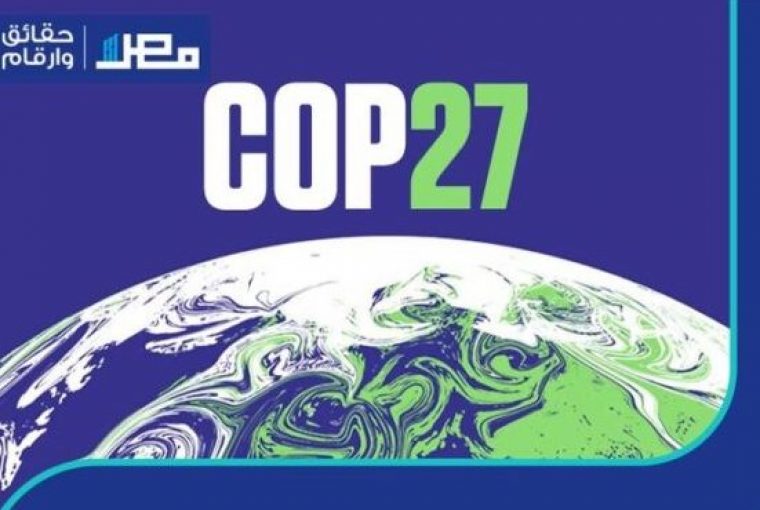COP27: It’s Africa’s turn to take centre stage

Each year, humanity continues to push our planet past the point of no return. Earth Overshoot Day represents the date when humanity has consumed all the biological resources that Earth is able to regenerate during the calendar year.
In 1980, Earth Overshoot Day was 8 November. This year we reached that day on 28 July, marking a colossal shift in the quantity of resources we are now using, which, according to scientists, now amount to nearly 1.75 times more per year than what our planet is able to produce.
This year’s United Nations Climate Change Conference (COP27) will be held in Egypt. It will be the second time it has been held in Africa since the ambitious environmental conferences began and nations across the continent have already begun seeking financial support for environmentally friendly projects and climate change mitigation and adaptation efforts.
COP27 represents a poignant opportunity for global leaders to recognise that addressing climate change is not simply good politics or needed for the environment, it’s also good for the economy worldwide. According to the African Development Bank’s acting chief economist and vice-president Kevin Urama, Africa alone is losing 5% to 15% of its GDP per capita because of climate change.
Opportunity
Creating a healthier, more sustainable and richer future for all is not unrealistic in Africa. It just needs foreign investors and for African governments to implement sensible, realistic and affordable climate policies. Just last month, the International Renewable Energy Agency released a report citing the tumbling price of renewable energy.
Prices of newly commissioned utility-scale solar projects fell by 88% between 2010 and 2021. The lifetime cost per kilowatt-hour of new solar and wind capacity added in Europe in 2021 will be at least four to six times less than the marginal generating cost of using fossil fuels during 2022. This means that once all costs, such as fuel, maintenance and general operations, are included, renewable energy production is significantly cheaper than fossil fuels.
Renewable energy has been competing with fossil fuels over the last 20 years but has only recently become the obvious and economic choice for developed and developing nations alike. Global energy shocks, such as the one precipitated by the Russian invasion of Ukraine, highlight the importance of diversified renewable energy generation. Powered by infinite and free resources, renewable energy benefits from not being limited by highly cyclical energy prices. Due to our natural endowment of sun, water, wind and land, renewables are the natural choice for Africa’s future.
Africa’s needs and how to achieve them
With its vast surface area and excellent clean natural resources, Africa’s potential to help avert a global climate collapse is immense. All the continent needs is the correct financial tools to expand its energy capacity, and this is where COP27 can play a pivotal role.
